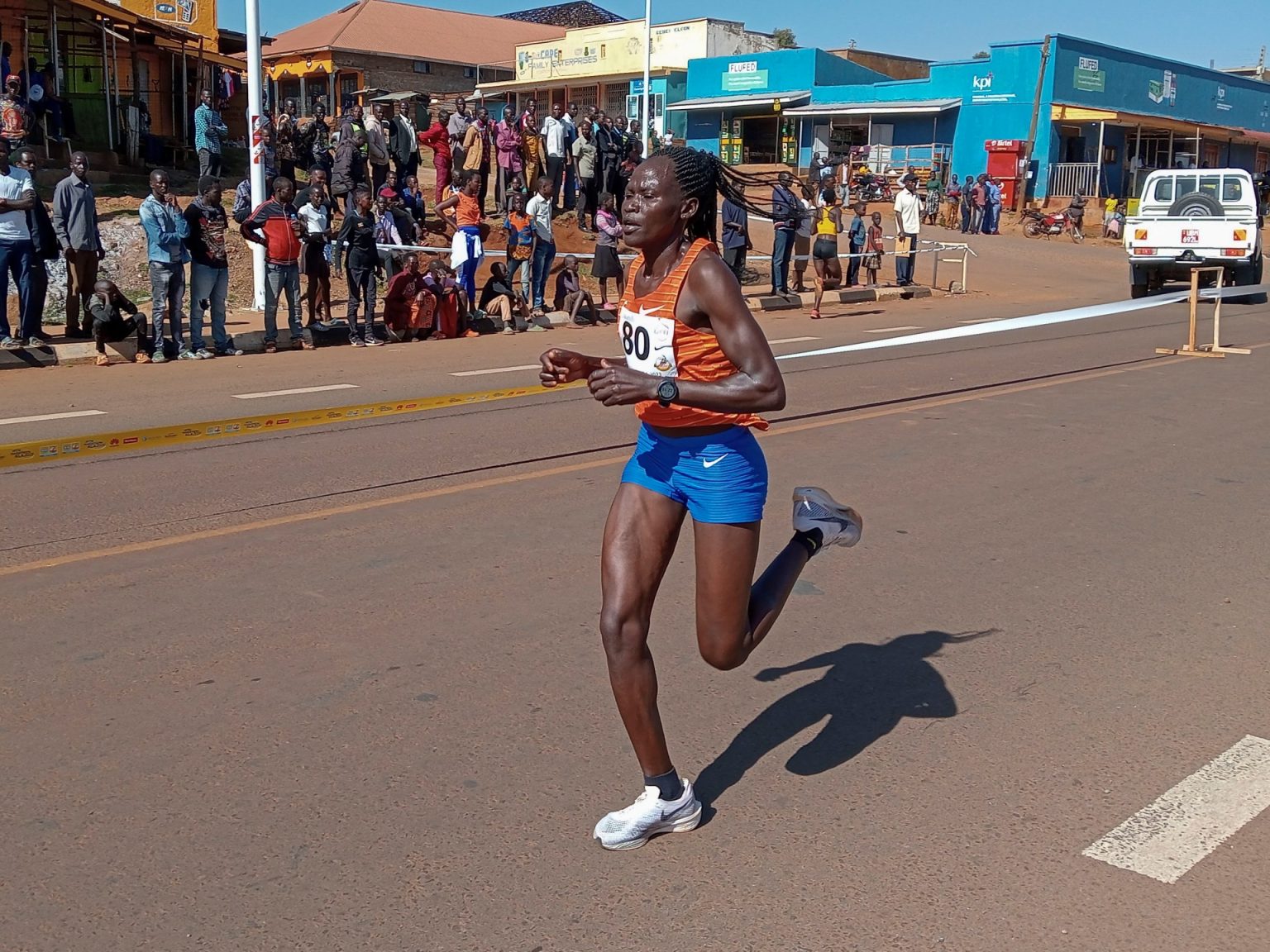Rebecca Cheptegei, an Olympic athlete from Uganda, was attacked in her home in western Kenya by Dickson Ndiema Marangach, who poured petrol on her, resulting in her sustaining 80 percent burns. Marangach also suffered 30 percent burns during the attack and was being treated at a hospital in Eldoret, Kenya. Unfortunately, Cheptegei passed away last week due to her injuries. Marangach, the assailant, succumbed to his injuries on Monday at the hospital, where he was being treated in the intensive care unit.
The attack on Cheptegei was reportedly over a property dispute between her and Marangach, who entered her home while she was at church with her children. Her father, Joseph Cheptegei, revealed that Marangach had purchased petrol and hid in a chicken coop before carrying out the attack, which led to Cheptegei trying to call her sister for help. The police mentioned that the couple had ongoing family disputes, shedding light on the tragedy as a form of gender-based violence. The United Nations condemned Cheptegei’s murder and emphasized the prevalent issue of gender-based violence worldwide.
Cheptegei’s death has sparked tributes from the sports community, with the Paralympic Games in Paris honouring her by displaying her picture on a giant screen after the marathon events. She was described as a talented athlete who still had a promising career ahead of her. World Athletics President Sebastian Coe vowed to enhance safeguarding policies to protect female athletes from abuse both in and out of the sporting sphere. The spotlight on Cheptegei’s tragic death has highlighted the risks that female athletes face in Kenya, where exploitation and violence towards women, particularly within the running community, are prevalent.
The death of Rebecca Cheptegei has brought to attention the issue of gender-based violence in Kenya, as female athletes are at a high risk of exploitation and violence due to the prize money involved in the sport. Viola Cheptoo, co-founder of Tirop’s Angels, a support group for survivors of domestic violence in Kenya’s athletic community, expressed disappointment over the assailant’s death, noting that justice would have been served by his imprisonment. Cheptegei’s death follows the tragic murder of Agnes Tirop, another prominent athlete in Kenya’s athletic scene, suggesting a concerning trend of violence against female athletes in the country.
Kenya’s alarming statistics on gender-based violence highlight the urgent need for action to combat such atrocities. Reports indicate that 41 percent of married women in Kenya have experienced physical violence, and at least 500 women and girls have been murdered in the country since 2016. Globally, 89,000 women and girls were reported murdered in 2022, with more than half killed by intimate partners or family members. The case of Rebecca Cheptegei serves as a grim reminder of the pressing issue of gender-based violence that continues to plague communities around the world, including within the sports industry in Kenya.
The tragic death of Rebecca Cheptegei has sparked calls for more comprehensive measures to address gender-based violence in Kenya and beyond. Sports Minister Kipchumba Murkomen emphasized that Cheptegei’s murder serves as a stark reminder of the need to combat such violence and protect women. The international sports community has rallied around Cheptegei’s memory, honoring her legacy and advocating for greater protection of female athletes against abuse and exploitation. The untimely loss of Cheptegei, alongside other female athletes who have faced similar fates, underscores the urgent need for collective action to address the systemic issue of gender-based violence and ensure the safety and well-being of women in sports and society as a whole.


